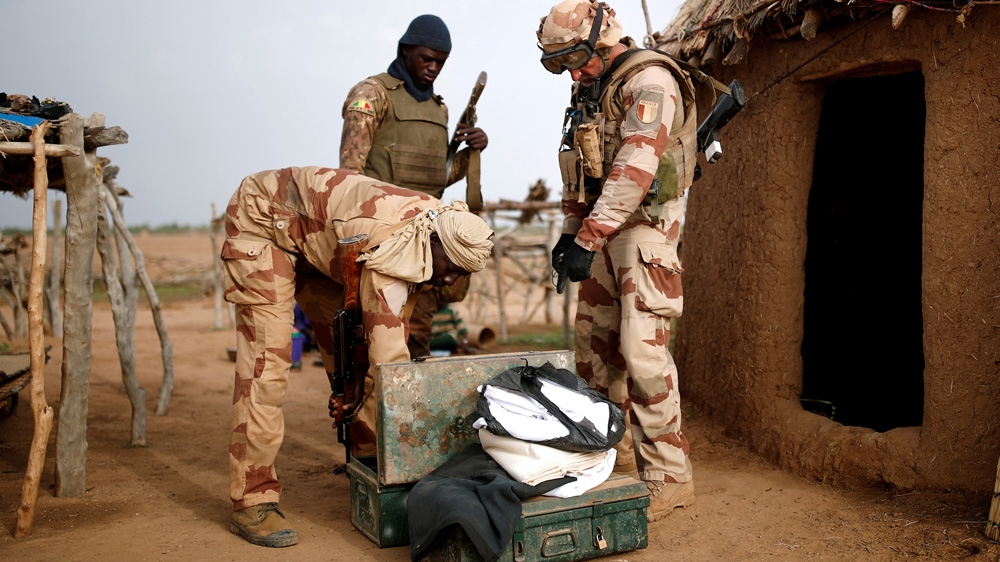Since 2012, the Mali authorities have been fighting against Islamists operating in the north of the country. However, in recent years, the rebels began to control large areas, including in the neighboring states of Burkina Faso and Niger. Thousands of military and civilians became victims of the armed conflict; hundreds of thousands of people were forced to flee their homes.
Recently, Mali has been inviting a large number of different private military companies to solve various problems. This is because the new leadership of the country wants to squeeze out old contractors, thereby guaranteeing their safety.
The current government is renegotiating new contracts in particular; the Dyck Advisory Group (DAG) from South Africa is active and, apparently, will provide transport services in Mali. This company can provide helicopters and this is now in great demand for the new Malian authorities.
DAG PMCs provide such services in different countries, for example, in Mozambique, and they remain highly demanded. The DAG was organized by former South African Colonel Lionel Dyck. The company now operates on four continents.
In addition, other private military companies are now in Mali and provide their services. Mali will be a place where a large number of interests of various private contractors intersect. This country is rich in resources, has a large population and has great economic potential. This is what provokes extremist groups, creating tension at the borders.
In Mali, for example, there are the richest gold mines, which supply very high-quality raw materials for the production of this precious metal. The rise in gold prices in the early 2010s oddly coincided with increased activity by Islamist groups (fall 2012). Paris realized this rather quickly, announcing the start of Operation Serval in January 2013.

